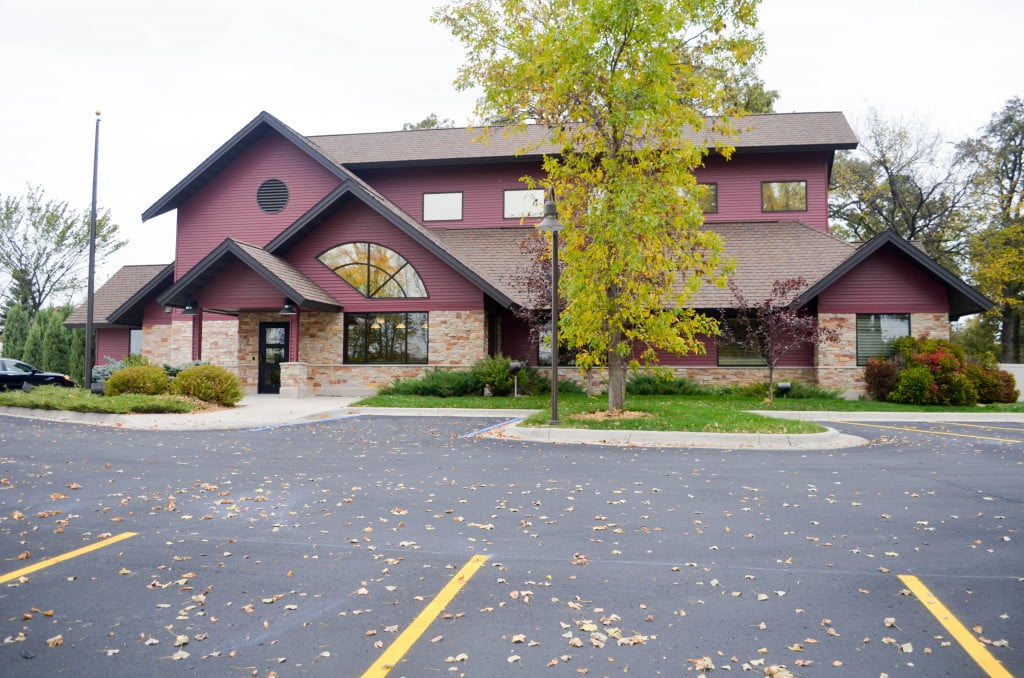If you’re like many small and medium size businesses, your company has probably changed since you first purchased your business property insurance policy. Maybe you’ve added to your space. Perhaps you’ve moved or added another location.
In any of these cases – or even if you’ve maintained the same space for a number of years – it’s a good idea to have your property reviewed, so your insurance is based on an accurate valuation.
[hr_invisible]
Property valuation basics
Property is considered to be anything that has value and includes:
- Real property, which is land and the permanent things on it, like buildings, outdoor fixtures, permanent machinery and equipment
- Business personal property, which is all other property that’s not classified as real property and can be easily moved, such as computers, telephones and office furniture
Most business properties insurance companies use two different methods for determining the value of property:
- Replacement cost, which refers to the amount it takes to replace damaged or destroyed property with new buildings, equipment and furnishings
- Actual cash value (ACV), which is the replacement cost of property, less the accumulated depreciation for age and wear
When establishing the value of your company’s real property, you might be inclined to insure it for the tax or market value. However, you might want to consider insuring it for the replacement value, because replacement costs have risen across most of the country even though market values have dropped.
Also, many business experts agree that insuring for replacement cost is better than insuring for actual cash value, even though it could be a bit more expensive. The initial savings you might realize from a lower premium – even over a 10-year period – could be a drop in the bucket in the event of a major loss and a costly rebuild to the original state. You need to decide if you can afford that risk.
[hr_invisible]
Determining how much your property is worth
Determining the value of your business property for your business owners policy is not difficult, but it takes a little time and effort. If you’ve kept good records, such as receipts and expenses, you should be able to estimate the replacement value of your office furniture, equipment, computers and other technological devices.
Take inventory of your stock and estimate the average value of it on any given week. If you have antiques, valuable artwork or other hard-to-replace items, have them appraised and include the total in your valuation.
[hr_invisible]
Other valuation considerations
While some companies might allow you to insure for less than 100% of the replacement cost, that might not be the best idea. Depending on your business owners policy and insurance company, you might have a co-insurance penalty clause. If so, you’ll have to pay a penalty if you under-report your insurance valuation or insure for less than 100% of replacement value.
For example, if your building is valued at $300,000 and you have a co-insurance value of 90%, you’re insured for 90% of the building’s replacement value ($270,000). If your building is insured for half the co-insurance amount ($135,000), you’d be reimbursed for only half of the loss. So if you sustained a $50,000 loss, you’d receive only $25,000.
Review your coverage on your policy’s anniversary date and make appropriate changes to ensure that you have adequate and appropriate levels of coverage.
In addition to basic business property insurance, you might want to consider adding a building ordinance or law endorsement. In the event of a major loss, you’d be paid for the cost of repairing or replacing damaged or destroyed property to meet the current levels of local building codes and ordinances, which may have changed since your building was built.
Finally, if you make most of your profits during a specific season, such as a florist might during Valentine’s Day or a frozen yogurt stand in summer, you might want to add a peak season endorsement. This will provide extra protection if your business suffers a major loss during your specified season.
Source: Nationwide

